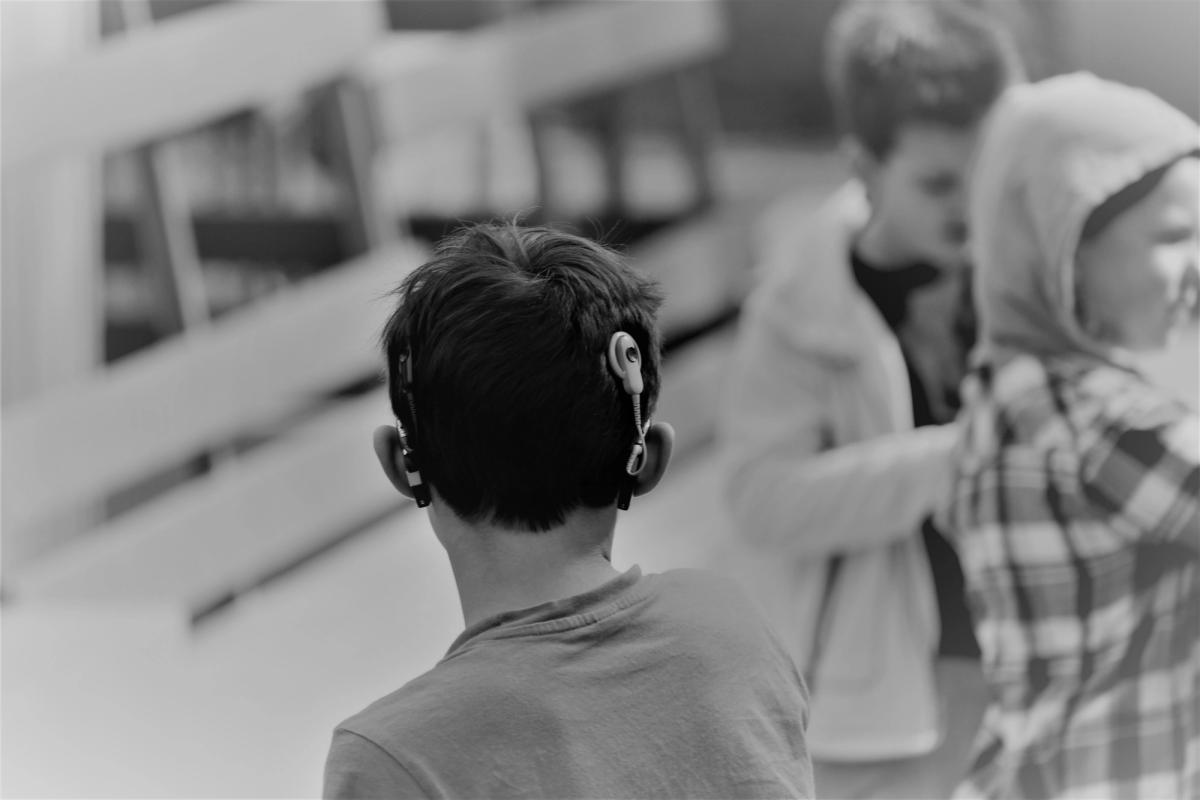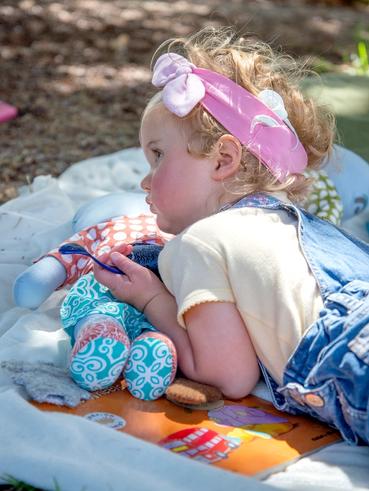Children With Cochlear Implants: Changing Perspectives.
Deciding whether your child should receive cochlear implants is a challenging process for many parents. New research is changing perceptions about cochlear implants.

What was this paper about?
Approximately 90% of parents who have deaf children have normal hearing, and most have had little contact with deaf or hard of hearing people and little understanding of deafness before discovering their child is deaf.
There has been intense disagreement about whether it’s appropriate to have young children undergo cochlear implant surgery, but recent research is shifting attitudes in deaf communities towards greater openness to cochlear implants as an option.
"There are many different paths to success for deaf children"
What were the key findings?
- This study found that aiding the development of spoken language was a major reason parents chose implantation. Most parents were satisfied with the results, and more than half wished their child had received a cochlear implant earlier.
- Parents often receive conflicting information about their options, but they generally supported their child using sign language, both before and after receiving cochlear implants.
- Most parents said they still regarded their child as deaf after receiving the cochlear implant, and generally they found their child was not isolated from their deaf peers nor from their hearing peers.
- This paper stresses that there are many different paths to success for deaf children. While cochlear implants will make acquiring spoken language easier for many deaf children, success does not depend on spoken language. In addition, early identification of deafness and early communication with deaf children, signed or spoken, are both crucial.
Where can I read more about this paper?
Children With Cochlear Implants: Changing Parent and Deaf Community Perspectives
Printable 82 KB PDF



